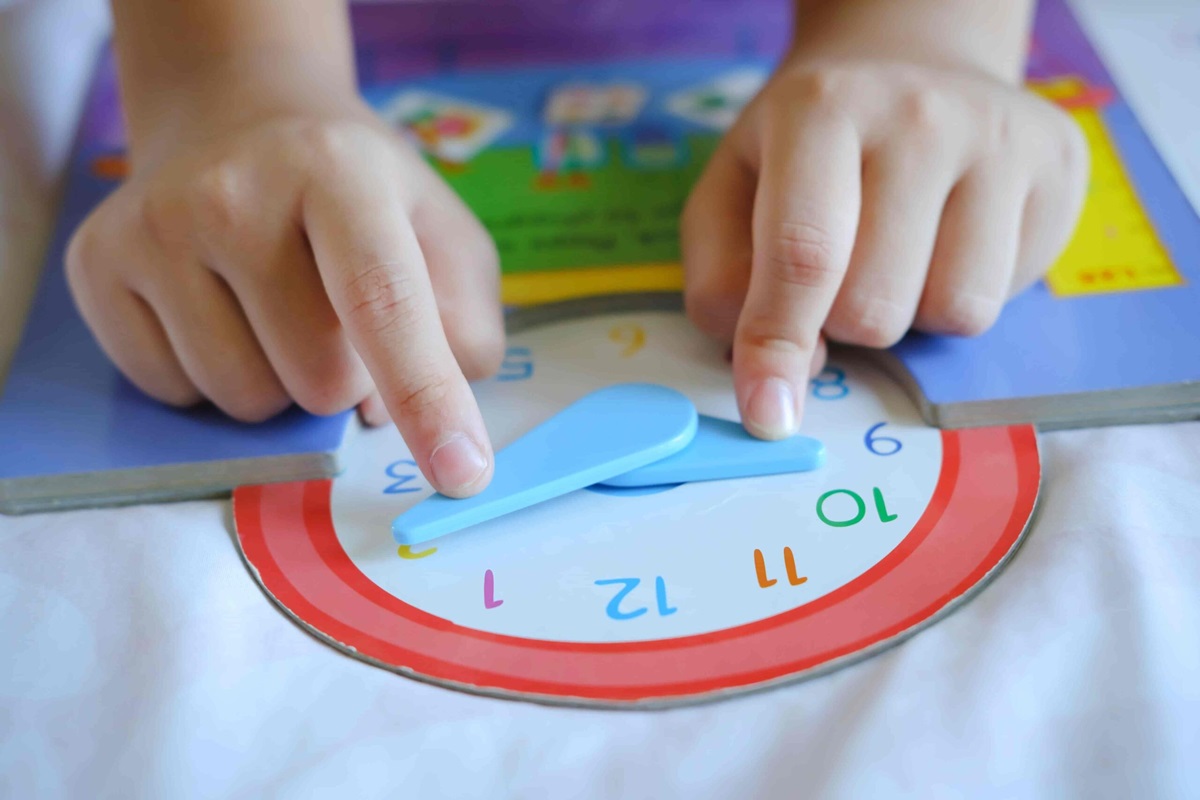“Executive Function” is something you and your employees use every day – in simple terms, it’s a set of skills that help our brains prioritize tasks, filter distractions and control impulses. But did you know that it can be strengthened and developed in both adults and children?
Executive Function Explained
Think of executive function development like building a house. In children, their genetic makeup lays the foundation and then the parent or caregiver creates a framework through opportunities to learn and practice these skills. Once the framework is in place, that child can choose the paint colors, the furniture and the overall aesthetic. But individualization is key, because opportunities for growth will vary from child to child. Skills like organization, planning, and time management don’t come naturally for everyone, and it’s up to parents and caregivers to provide strategies, encouragement and lots of opportunity to practice, practice, practice.
To support the families in your workforce, here’s a deeper dive into the benefits of Executive Function that you can share with working parents. We’ve also included some fun, easy ways that caregivers can help their children cultivate this essential skill.
Organization
Organization is the ability to establish and maintain systems for arranging and keeping track of important items. Skills specific to organization are cleaning up after ourselves, placing items in their proper location, and remembering where to locate those items after doing so. Have you ever said to your child, “Go clean your room” or “Go get ready for school” and then 20 minutes later, the bedroom is just as messy as before or your child hadn’t even gotten dressed yet? This can be a sign that your child needs additional support for completing organizational tasks or routines. If this sounds familiar, here are a few tips to get your child moving in the right direction.
- Incorporate visual supports into your daily routine (e.g., schedules and checklists).
- Create a “home base” for your child — one central location in your home where your child knows to place belongings. When possible, stock the “home base” the night before to make the morning routine easier.
- Create a system that your child feels a part of so he/she will be more inclined to participate (e.g., ask your child about ways they would like to work on being more organized).
Managing Time/Planning
Time Management is all about estimating how much time you have, how to allocate it, how to stay within time limits and complete tasks on deadline. Planning plays an important role in time management. It’s the ability to make decisions on what is important to focus on and what is not. Deciding when to do a task and how long you need to do it can be a complex skill for people of all ages. Here are a few tips to help your child create a plan for completing routines, homework, and chores, especially those with time constraints.
- Be sure your child understands the concept of time (if not, teach it using clocks and visual timers.)
- Set time-specific goals for activities like cleaning up toys, getting ready for bed or school, homework completion, etc.
- Introduce personalized calendars and checklists. Have your child write down on their own calendar when they have big projects, tests, and extracurricular activities.
Staying on Task
Staying on task is the ability to remain focused on a situation or a task despite distractibility, fatigue, or boredom. Skill sets in this area include the ability to complete one or more chores, follow multi-step instructions, and complete homework assignments. If your child struggles to finish tasks, here are a few tips you may find helpful.
- Set expectations with the use of a first/then chart and/or a reward system to reward on-task behavior.
- Use visual cues and check-ins to promote on-task behavior (e.g., use a “keep working” visual in the homework area).
- Make it fun! Make the task into a game or a challenge (e.g., racing your child to see who can make their bed first).
Emotional Regulation
Emotional Regulation is the ability to recognize and control your emotions and handle frustration. Supporting emotional regulation will vary greatly by your child’s developmental level and age. Skill sets in this area include the ability to overcome challenges, manage impulses, and stay in control when things do not go as planned. If your child has difficulty with emotional regulation, here are some strategies to teach your child to stay in control.
- Create a visual to help your child “see” it (e.g., help your child recognize their own emotions with a “thermometer” of emotions).
- Help your child identify triggers. What makes him/her upset?
- Help your child target ways to help calm down (e.g., talking it out, taking a walk, counting to 10, etc.), and provide a reward system for doing so.
Ready to Get Started?
Let’s make it fun! Here are a few fresh ideas for building executive function while having a good time:
- Play games like Blurt, Scrabble, Jenga. Promotes waiting, following rules, taking turns, planning, organization, and sportsmanship.
- Sing songs that require choreographics. Promotes working memory and organization. Playing Freeze promotes impulse control.
- Imaginary play and role play. Promotes perspective taking, waiting, and taking turns.
- Problem solving tasks like mazes, puzzles, memory games, crossword puzzles. Promotes planning, organization, and emotional regulation.
- Crafts. Promotes planning, organization, and following instructions.
Remember, executive function develops throughout our whole lives. Some skills will come easily to your child, while others will take more time. As a parent or caregiver, your role is to provide the tools to help your child thrive.
A Few Additional Tools for Your Toolbox
Today Show Parenting Guides
Smart but Scattered by Dr. Peg Dawson and Dr. Richard Guare
To learn more about executive function skills in children, check out our free, educational and on-demand webinar, “Transition Back-to-School with Strong Executive Functioning Skills” led by Board Certified Behavior Analysts (BCBAs) from RethinkCare.





